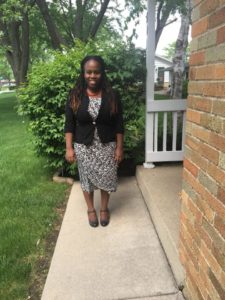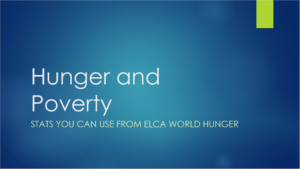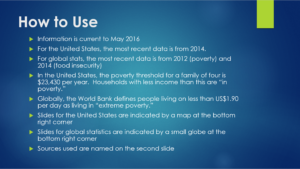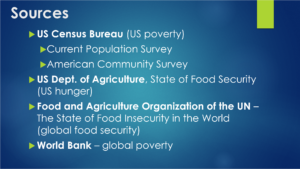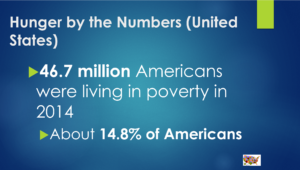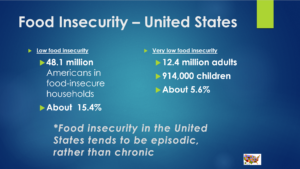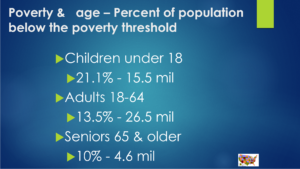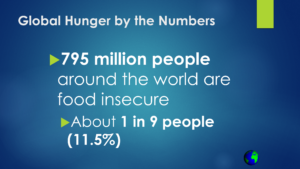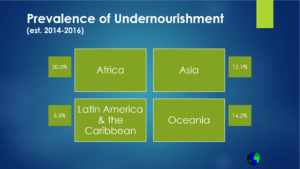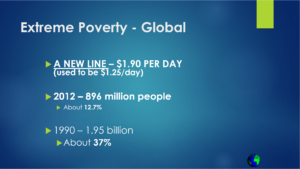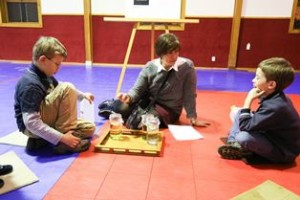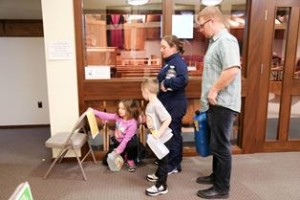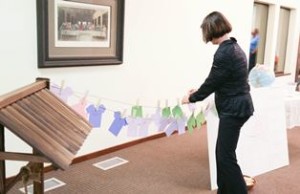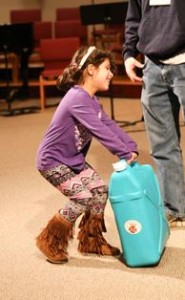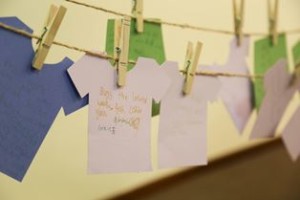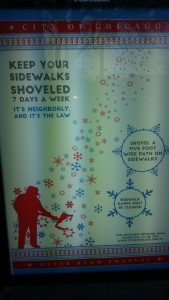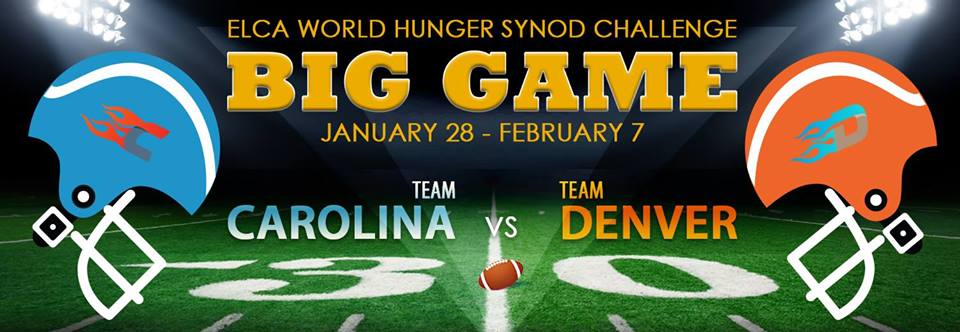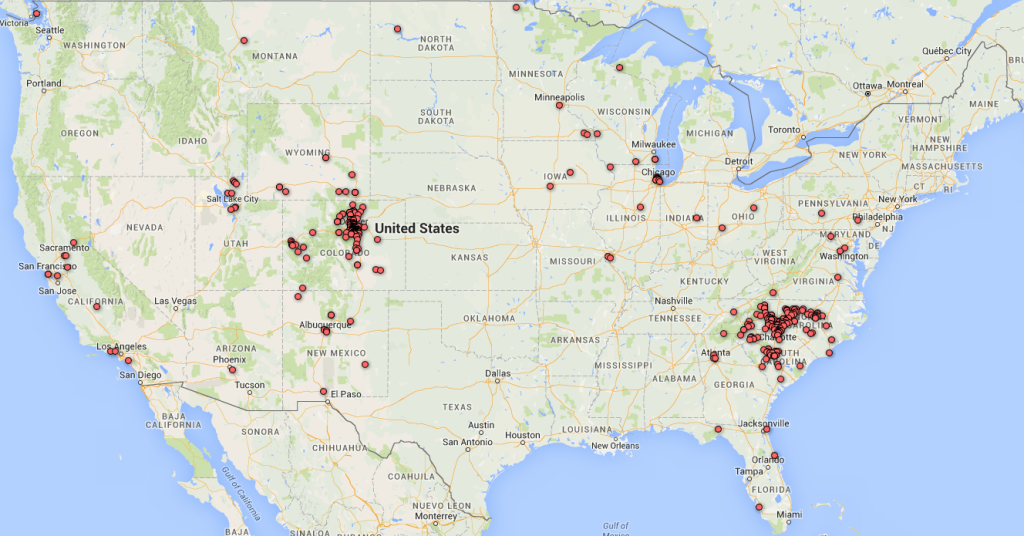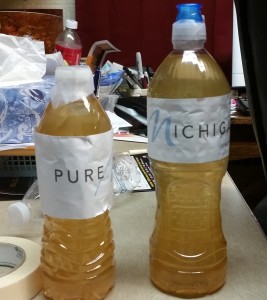Hello! My name is Scott Van Daalen. I am originally from Waverly, Iowa, and a member of Redeemer Lutheran Church. This summer, I have a great opportunity to intern with the ELCA World Hunger Education and Engagement team. ELCA World Hunger has been one of my interests for the past couple of years so I am looking forward to learning more this summer. In high school, I had the opportunity to work on a project that focused on raising awareness and funds for both the ELCA Malaria Campaign and the United Methodist “Imagine No Malaria” Campaign. (Read more about Scott’s project here – https://www.livinglutheran.org/2013/10/running-malaria/)
Another interest of mine is the connection between media and the church. This fall, I will be entering my senior year at the University of Northwestern in St. Paul, Minnesota, where I am studying Media Ministry, a program that combines film production, graphic design, and ministry.
I am very excited to be here, and I am very thankful for the opportunity!
Hello everyone, my name is Micah Kassahun, and I am the ELCA World Hunger Fundraising intern. I am a rising senior at Purdue University in West Lafayette, Indiana, studying Public Health and Biology. Due to the nature of my studies, I am very interested in hospital administration, social justice, poverty (both national and international) and issues regarding medical access.
At Purdue, I enjoy serving with Chi Alpha Christian Fellowship on campus as a worship leader and bible study leader. Through my experiences with this ministry, I have learned to make my faith my own and to be unashamed of the Gospel wherever I go.
In the future I hope to obtain a Masters in Public Health (MPH) and possibly move into the corporate world while serving in a capacity related to providing medical access for those in need and aiding my surrounding community.
For fun, I really enjoy competitive sports, playing music and spending time with friends.
I am really excited and blessed to be a part of the ELCA World Hunger team and to see how the Lord uses this Church to spread God’s Word in different ways!
I am Shubira Bocko, and I am the ELCA World Hunger Education Intern this summer! My passion for serving others dates back to my time on the south side of Chicago because there were so many opportunities to make a difference. Through Reformation Lutheran Church, I served meals to homeless people during Thanksgiving, visited nursing homes during Christmas and mentored my peers. I attained my B.A. in Psychology and a minor in Community Sociology at Wartburg College. In college, courses like Community Sociology and Intercultural Studies made me start thinking about a career in international development. These courses opened my eyes to poverty-related issues going on in other parts of the world, and I wanted to make a difference.
One year after college, I was accepted into Peace Corps program in the Philippines. My work there involved providing health education to families and teaching children and youth life skills. Five months into my service, Typhoon Haiyan hit the island where I was living. Shortly after the typhoon, I was evacuated, and I returned to the U.S. However, I was transferred to Peace Corps Tanzania, where I was born, and being given a chance to go serve home was a blessing.
In Tanzania, I had the pleasure of serving as a health teacher at the health clinic in Dodoma. The highlight of my service was working with women and teaching them about nutrition, contraceptive options and HIV prevention. Having served in Peace Corps for two years and learning about the problems that women and children go through – hunger being on top of the list – I wanted an opportunity to learn more about hunger and see ways I can help. I am glad that I will be serving as a World Hunger Education Intern through the ELCA, and I am looking forward to this enriching experience!



